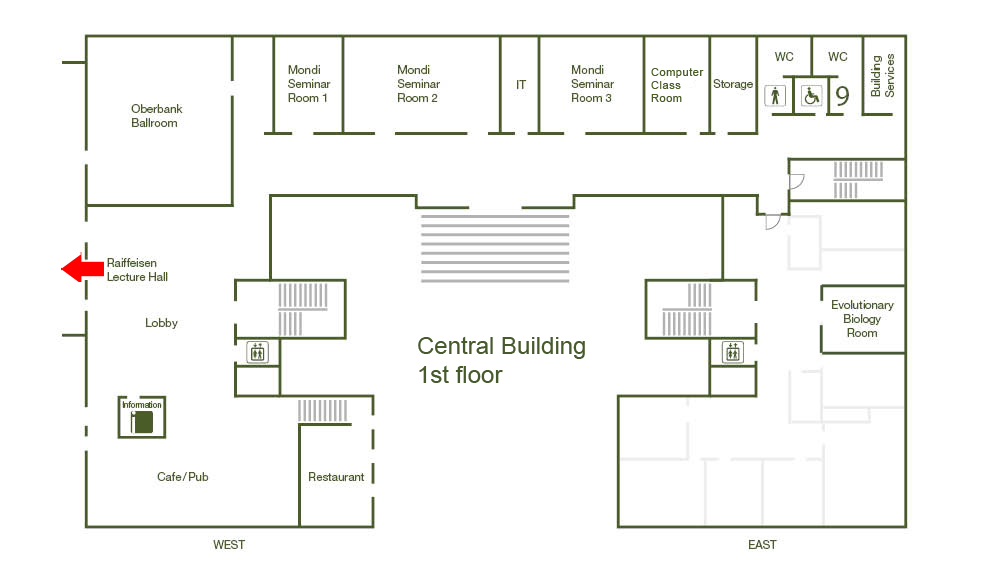To couple or to uncouple - transport steps in mitochondria that support mammalian life

Life requires a constant supply of energy in the form of the cellular fuel adenosine triphosphate (ATP). In fact, we need our own body weight in ATP every day to drive our cellular processes. However, we only have a small amount of ATP in our body at any time and thus it needs to be synthesised continuously from its constituent components, the spent fuel adenosine diphosphate (ADP) and phosphate.
Mitochondria are the primary site for ATP synthesis, which uses chemical energy in the form of food molecules. In short, food molecules are broken down and the electrons from the bonds run down the complexes of the respiratory chain to oxygen to form water. These complexes pump protons out of the mitochondrion, which charges up, generating a proton motive force, which in turn is used by ATP synthase to remake ATP from ADP and phosphate. However, for this process to work ADP needs to be imported into the mitochondrion and ATP needs to be exported by a transport protein, called the mitochondrial ADP/ATP carrier or adenine nucleotide translocase. In this way, mitochondria in our tissues are nearly perfectly coupled, meaning that virtually no energy is lost between the breakdown of food molecules and the synthesis and transport of ATP.
However, the mitochondria of brown adipose tissue are deliberately uncoupled, meaning that the energy conversion steps in mitochondria lead to the production of heat rather than the synthesis of ATP. The responsible protein is called the uncoupling protein, which facilitates the import of protons without generating work, causing the tissue to heat up instead. UCP1 is inhibited by purine nucleotides, such as ATP, and is activated by fatty acids, which are breakdown products of the fat reserves. The uncoupling process is important for the survival of mammals, when they are born and when they are exposed to extended periods of low temperatures, by heating up the vital organs.
In this talk, we will present our current understanding of the molecular mechanism of the mitochondrial ADP/ATP carrier and the uncoupling protein, which belong to the same protein family and are essential for the survival of all mammals.